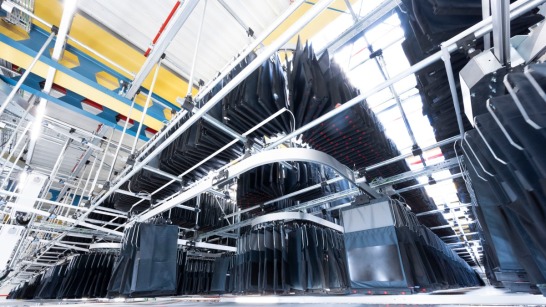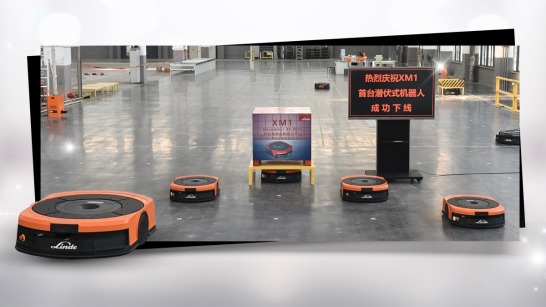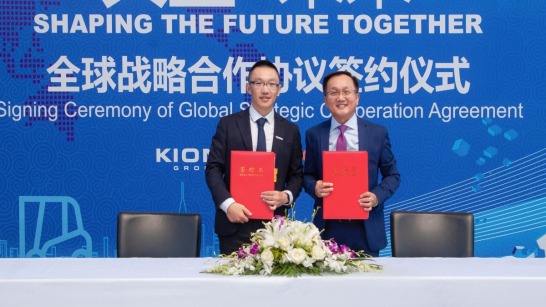Returns management proved to be a bottleneck
The volume of parcels handled at HABA headquarters in Bad Rodach in Franconia is considerable, with at least 700 shipments leaving the company’s distribution center every hour. Many customers order several alternatives and then send everything except their favorite back. This is the reason why the manual returns management process at the HABA Family of Companies reached its limits two years ago. Due to the large volume, it could often be days before the returns were checked, approved, and made available for resale. “Our returns management simply could not handle the pace of modern e-commerce,” says Torsten Kreußel, Head of Process Management, Production, and Logistics at HABA Group B.V. & Co.KG.
In response, two years ago the HABA Family of Companies began searching for an automated solution that would meet several requirements at once. Not only should it fit seamlessly into the limited space of the existing facility, which had evolved over time, but it should also be implemented without disrupting ongoing operations. Dematic was one of several companies to take part in the tender process, showcasing bold ideas and its exceptional experience in the field.
Ingenuity connects
The HABA Family of Companies looks back on a long history in Germany, as does Dematic. And by a handy coincidence, the companies’ paths had crossed before. In 1998, Dematic – or Demag, as its predecessor was known – installed an automated small parts warehouse for the company which is still in use in Bad Rodach today. The special feature of this miniload warehouse was that it was the first test run for a new Dematic system that worked entirely without trays, i.e. a crane moved the goods to the upper shelves without the need for a stabilizing tray under the boxes. “Even back then, the HABA Family of Companies trusted us to implement new technology for the first time,” says Winnie Ahrens, Senior Sales Manager at Dematic, who also supervised the current project at the toy specialist.
During the tender process for the returns management solution, Dematic impressed with a pouch sorting system installed beneath the ceiling. “We were immediately taken by the idea of utilizing the unused space above our racks for a flexible pouch sorting system,” Kreußel says. Implementing the idea turned out to be a real challenge, as Ahrens explains: “Installing the system was rather tricky due to the age of the building and its existing structures, but our team excelled itself and managed to fit everything in through the proverbial eye of a needle.” The resulting system of overhead rails is hugely impressive as it winds its way through the distribution center like a huge marble run.





